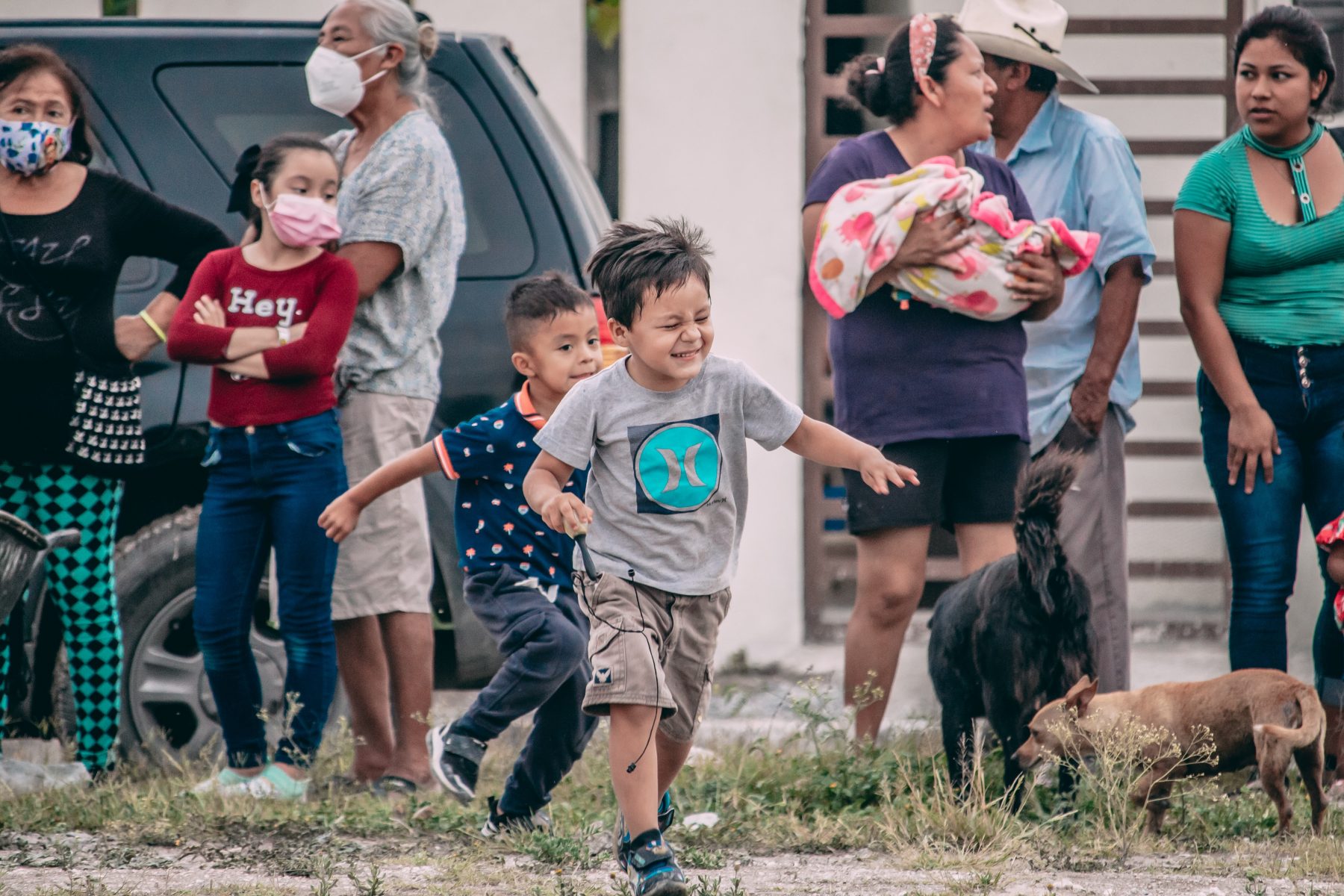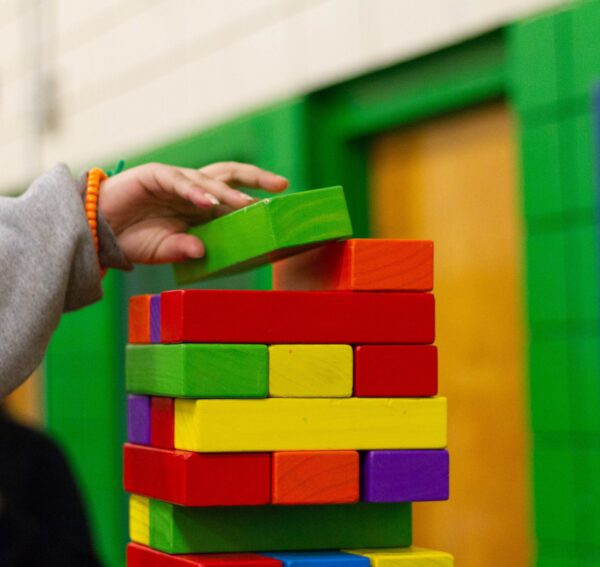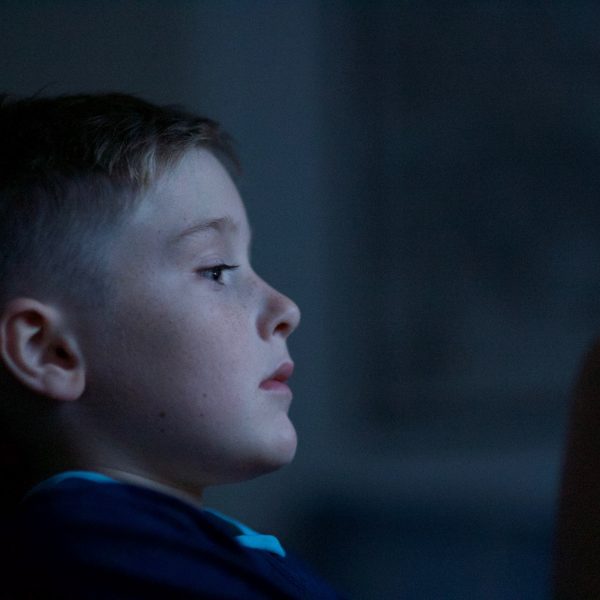Peer interactions in preschool make all the difference for children with additional needs

Children with autism and other developmental delays can benefit from peer interactions in preschool, a new study conducted by researchers from the University of Miami has found.
To understand the importance of peer interactions between preschoolers with and without developmental disabilities like autism spectrum disorder, researchers used new technology to measure children’s vocalizations and interactions to see how social networks form within the classroom.
“When children are with their peers in preschool, these interactions give them a chance to hear language in real time and practice using language with their peers,” lead author Regina M. Fasano explained.
“We wanted to know how those interactions might support children with developmental disabilities like autism spectrum disorder, who often have delays in language and social interaction skills.”
Although many children with autism attend inclusive preschool classrooms alongside children with other developmental delays and typically developing children without delays, “we don’t really know much about how those peer interactions actually play out, and whether they support children’s language development,” Dr Lynn Perry, who collaborated with Ms Fasano on the study explained.
To study how often children were interacting in a preschool environment, researchers outfitted them with special vests equipped with a lightweight audio recording device called a Language Environment Analysis, or LENA, and location tracking tags called Ubisense. Together, the devices help the researchers understand how much each child talks to each other child in their class.
“Using this new combination of technologies, we were able to see how children form a social network in the classroom,” Dr Perry said.
“The day-to-day interactions children had with peers was a very strong indicator of how well they performed on an assessment at the end of year to measure their language development, both in terms of their ability to understand spoken language, and their expressive ability to produce spoken language.”
Based on their findings observed from three separate groups of children (children with autism, children with developmental delays, and children without delays or disabilities), researchers found that both the group of children with autism and the group of children with developmental delays had some delays in their language development.
Although the children with autism tended to engage in fewer vocal interactions with peers than the other groups, the team found that all three groups’ language development benefited from those peer interactions.
“In essence, peer interactions are important for all children, particularly those with autism,” Ms Fasano said. “For children with autism spectrum disorder, their language skills can be delayed compared to other children, so promoting a positive and rich environment for language interaction to occur is necessary to help children develop their language skills over time. Here we found that peers can play a critical role in that process.”
Researchers hope to expand on this study by adding components related to the teacher’s role in communication and language interactions with children who have developmental delays.
“We know that teachers understand the importance of having children interact with each other as much as possible,” Ms Fasano added. “Perhaps pairing children who have stronger language skills with those children who have delays in language could create a highly effective interaction that benefits children with developmental disabilities.”
The study, “A Granular Perspective on Inclusion: Objectively Measured Interactions of Preschoolers with and without Autism,” is published in the journal Autism Research and may be accessed here.
Popular

Workforce
Quality
Research
When did it start to go wrong?
2025-12-18 08:00:46
by Fiona Alston

Economics
Policy
Quality
Provider
Research
Is your service ready? Key updates to Queensland kindergarten funding in 2026
2025-12-17 07:00:15
by Fiona Alston

Quality
Workforce
Practice
Research
Let’s not lose the word 'Children'
2025-12-18 07:45:13
by Fiona Alston















